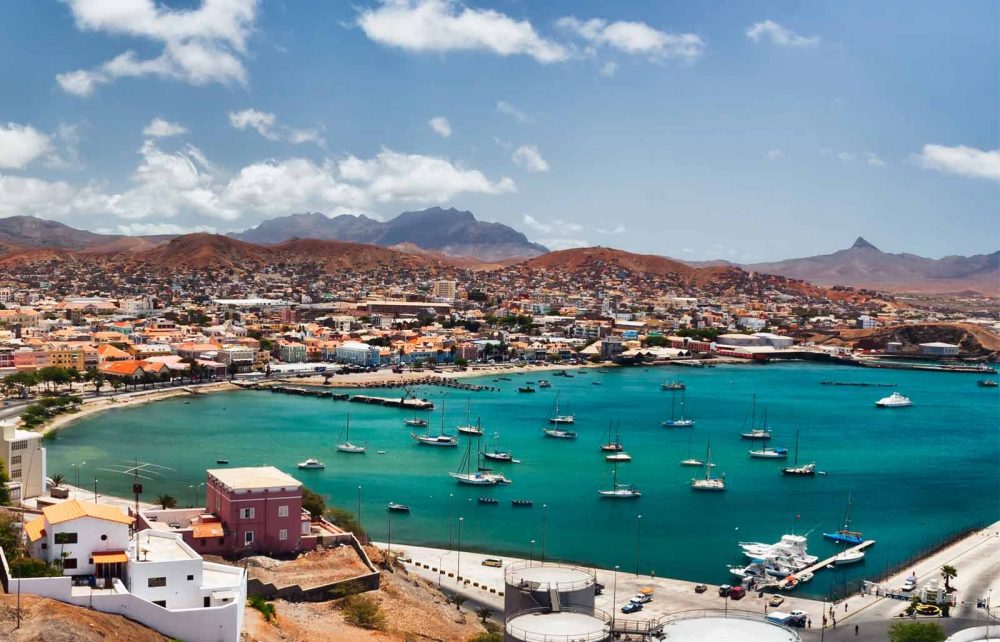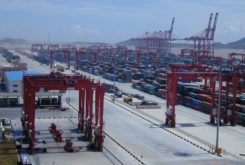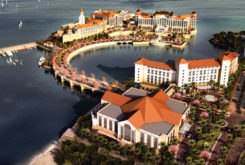With airports closed, flights grounded and resorts closed, Tourism is set to be one of the economic activities most affected by the economic crisis unleashed by the Coronavirus pandemic. Countries that rely on Tourism for economic growth are set for a large impact in the near future. Among them is Cabo Verde, Sao Tome e Principe and, to a lesser extent, Timor-Leste, according to the United Nations Conference on Trade and Development (UNCTAD).
Small island developing states (SIDS) are most vulnerable not only because they are highly dependent on tourism, but also because any shock of such magnitude is difficult to manage for small economies. According to UNCTAD projections, currently, the SIDS would need about USD 5.5 billion to counteract the adverse effects of the pandemic on their economies. The Maldives stands out with a need of $1.2 billion due to its reliance on tourism revenues, followed by the Bahamas and Jamaica.
Cabo Verde, whose tourism activity generates about 46% of GDP, needs around USD 131 million, estimates UNCTAD. The fall in GDP could be as high as 12%.
In general, countries may be able to weather economic storms by relying on additional debt or using available foreign reserves. However, access to global capital markets is increasingly tight, more so for small countries such as SIDS, which are often highly indebted and not well diversified.
In the case of Cabo Verde, UNCTAD estimates the country´s debt at around 89% of GDP and reserves at 5 months of imports.
Regarding Sao Tome e Principe, UNCTAD estimates financial needs at USD 25 million. The weight of Tourism in the country´s economy is calculated at 27%. Debt is near 60% of GDP, but financial reserves are low, covering only 3 months of imports.
UNCTAD also looked at the case of Timor-Leste, considered a SIDS, but in a more comfortable situation when it comes to Tourism, which represents only 3% of GDP. Debt is also much lower, at just 7% of GDP, and foreign currency reserves are enough for 7 months of imports.
According to the World Travel and Tourism Council (WTTC), in previous viral epidemics the average recovery time for visitors to a destination was about 19 months.
The United Nations World Tourism Organization (UNWTO), expects the COVID-19 pandemic will result in a contraction of the tourism sector by 20% to 30% in 2020.
According to UNCTAD, this estimate is likely to be conservative for countries relying on foreign tourists, as the recent data on daily air traffic indicate a drop of almost 80% since January 2020. “This is largely due to reduced consumer confidence and the likelihood of longer restrictions on the international movement of people. While many economic sectors are expected to recover once restrictive measures are lifted, the pandemic will probably have a longer lasting effect on international tourism”, the UN conference says.




